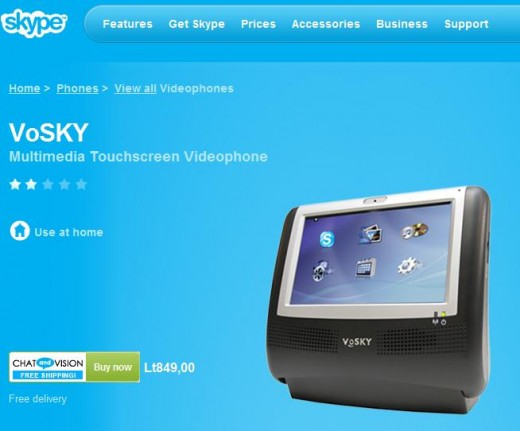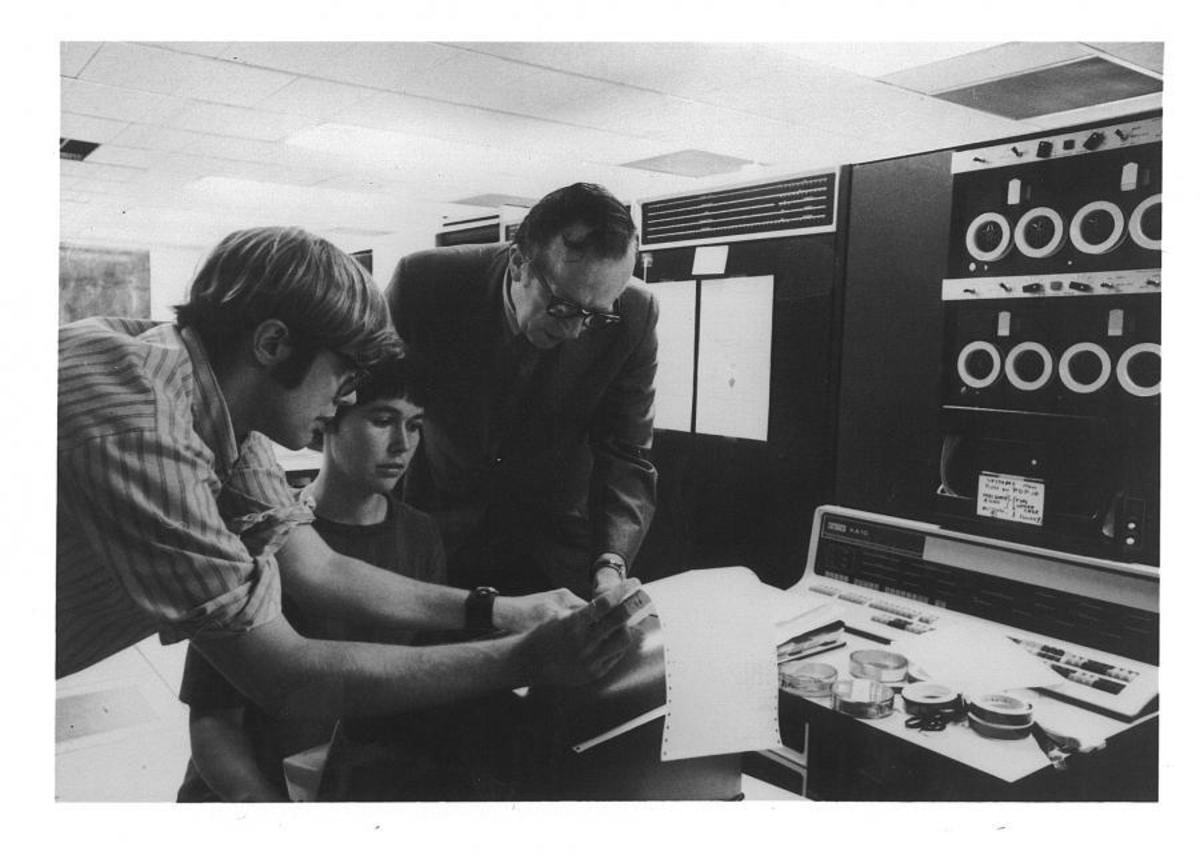What is Skype
If you're just an amateur computer user you might not know all the facts about Skype messenger online program and answer all the questions on what is Skype. Why we don't see any ads in it? How do they get money for the development and support and why do network administrators hate it so much? And what about viruses running in the Skype network?
Free Skype messenger was created by the same two persons who made the famous peer – to – peer file sharing program „Kazaa“. The program soon became one of the most downloaded software application in the internet. However, the two Estonian programmers Niklas Zennstrom and Janus Friis left their file sharing invention after lawsuits were filed by members of the music and motion picture industry, and started working on something else. It appeared to be the project that would change the world of internet communication. Skype messenger emerged on 2003 sweeping through the communications market with hurricane force and establishing a new communication trend.
Skype | Internet telephony that works
Internet telephony that just works – that's how they introduced their Skype product and it really did work. Though there were other messenger pioneers before them, they were not able to provide good quality communication and connection, where Skype succeeded. The success produced a snowball effect, since being the only one messenger that does work, it quickly caught tremendous attention from all around the globe.

How does Skype work?
If you're wondering what frequency are they using, here it is: the preferred frequency connection of sound delivered varies from 20 HZ to 20 KHZ, while the usual telephone landlines are limited to 300 HZ – 3.4 KHZ frequency. The transferred data is coded with 256 bit keys.
Besides, they don't have much servers, because the whole working principal is based on a decentralised model. When you login to the main Skype server, the whole further communication process goes on with the help of other Skype users. If you have a powerful enough computer, good internet connection and enough memory, you might be given a supernode client function, which means that you alone may coordinate up to 300 - 400 other users. The number is limited in order to reduce the workload of the server function computers. Remember, they still belong to someone else and Skype only uses their internet and memory resources. Their basic job is to help during the user search and connection between users. Once the connection is established, they no longer need the super node help, as the communication goes on directly between the users' computers. This way the throughput advantages are used to the maximum and even the direct connection obstacles are easily dealt with. Having this in mind, it is no wonder that Skype has exploded and developed into the network community of millions of users.
When there are minimum expenditures on multiple powerful workstations, Skype can have the luxury of not showing the advertisements to a user. It was also one of the reasons why Skype became so popular. The only thing that needs to be centralised are the connection servers and paid services, like Skype out or Voice mail.
What is Skype apart from technical aspects?
Skype resembles Google in some way in their flexibility, attitude to clients and innovations. The staff of the company is professional not only from the technological point of view, but also considering the close and warm relationship with users. The same cosy atmosphere is found in Skype headquarters in Tallinn, with their dog Toby meeting every guest and a pool table to take a break after a hard and intensive work. The welcoming and warm company image actually helps a lot when connection and virus problems occur. You have most probably heard of the famous Skype program malfunction when the whole network was down for about two days. The malfunction occurred due to a Skype programming flaw after installation of Windows updates. Luckily, the network was restored and the support and help of the online community during the breakdown was the result of close and honest interaction between Skype developers and users.
Using Skype and other communication programs
What instant messenger programs do you use to connect with people on the internet?
Skype weaknesses
Still, there are some draw downs that need to be constantly fixed, like unsent messages, text status lag and viruses. The lag and connection problems should be less apparent with the dawn of the new Internet protocol version 6 (Ipv6), which would solve Internet architectural and capabilities problems, such as security, autoconfiguration and extensibility.
The latter problem – viruses should be mentioned considering their distribution pattern. The most common type of spreading a virus in Skype is receiving a message with a link from someone and clicking on a link. The newly opened web page, containing a virus, exploits the bugs through the opened Microsoft Internet Explorer browser (which most probably is outdated). Besides, some naive users might install the requested program, which happens to be a virus. After that the virus distributes itself in the same routine to all the contacts of the user. There is no 100% guarantee that you won't get one, but there are simple methods how to avoid it – one would be not clicking weird looking messages even from your friends.
Besides, in the beginning Skype was not welcomed by the network administrators of big companies due to “supernode” status which took more resources than usual and aggressively bypassed the network barriers. The situation is better now in new Skype versions with the possibility to choose the network settings.
The closed and coded Skype protocol is one of the barriers for long term success. Many open source enthusiasts criticize Skype developers for the Skype protocol not being open, since it would surely tune the network with other formats of messaging programs. Even with the application programming interface (API) the protocol remains coded.
Latest mobile phones
- Latest mobile phones
Latest mobile phones already support skype chat functions. Read more in the article.
What is the future of Skype?
Though the founders of Skype sold it to Ebay for around 2.6 billion dollars, nothing changed in their work policy and the outlook for the company remains even brighter, if their visions and targets are realized. Speaking of which, Skype is seen as a platform for other computer programs to share files and messages, searching for companies in SkypeFind catalogs and listening to Skypecast broadcasting.
According to the creators of Skype, it should finally become the means of diverse communication, with every mobile device connected to the Internet. However, with such giants like Google introducing it's voice – over – internet service with similar to Skype features and telephone companies paying more attention to the internet and improving their voice – over – IP products, it will become harder to survive. Whatever communication trends appear in the future – Skype surely will be among leaders with less people unaware about it or what is Skype all about.








